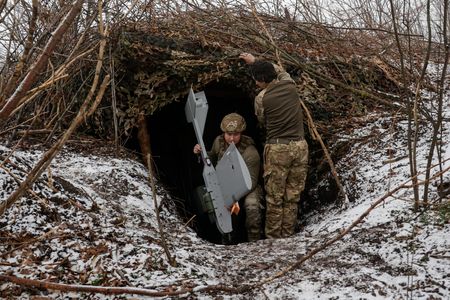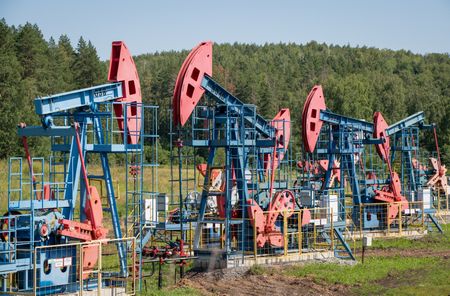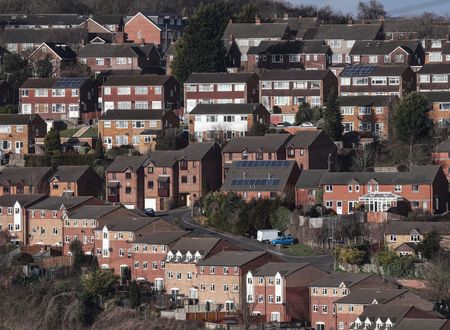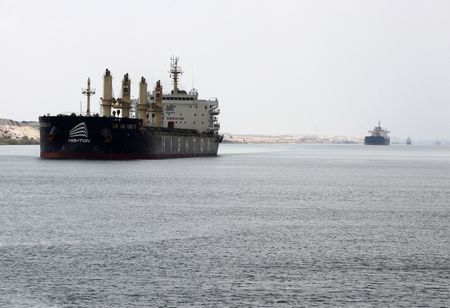FRANKFURT (Reuters) – European prompt power prices on Monday notched up sharp gains as German day-ahead wind power supply was seen halving while demand rose due to falling temperatures.
While generally strong wind and comparably weak demand will likely cap prices this week, the German week ahead position increased strongly to reflect schools holidays ending and industry revving up again after the seasonal break.
French grid operator RTE said last week that the outlook for capacity was uncertain after the second half of January.
Over-the-counter baseload for Tuesday in Germany stood at 154 euros ($174.82) per megawatt hour (MWh) at 1055 GMT, 54% above the price paid last Thursday for Monday delivery.
Tuesday baseload in France cost 151 euros ($171.40), up 4.9% from Monday delivery.
German wind power should fall to 19.6 gigawatts (GW) day-on-day from 38.3 GW and resume levels of between 15 and 34 GW later in the week, Refinitiv Eikon data showed.
Available nuclear capacity in France rose to 74.7% of installed capacity, a 2.9 point rise over Friday’s level.[POWER/FR]
Daily power demand in Germany is set to rise by 2.1 GW to 59.1 GW on Tuesday and by 900 MW in France to 62.1 GW, and is due to rise by between 2 and 11 GW next week over those levels.
German week-ahead baseload jumped 76% to 211.2 euros, with anticipated temperature falls by between 1 and 6 degrees Celsius spurring covering.
The Yamal-Europe pipeline which usually sends Russian gas west into Europe remains in reverse mode for volumes flowing east from Germany to Poland, data from German network operator Gascade showed.
Along the curve, German front-year power and the equivalent French contract were untraded after respective settlements at 111 euros and 124.5 euros on Dec.
31.
European CO2 allowances for December 2022 expiry gained 1.4% at 81.81 euros per tonne.
On Dec. 31, Germany shut three of its last six nuclear power plants on a clearly defined exit path.
Germany at the weekend welcomed the latest EU energy taxonomy plan on labelling some gas projects as “green”, but still opposes the also validated nuclear energy, which France relies on.
($1 = 0.8810 euros)
(Reporting by Vera Eckert, Editing by Louise Heavens)










